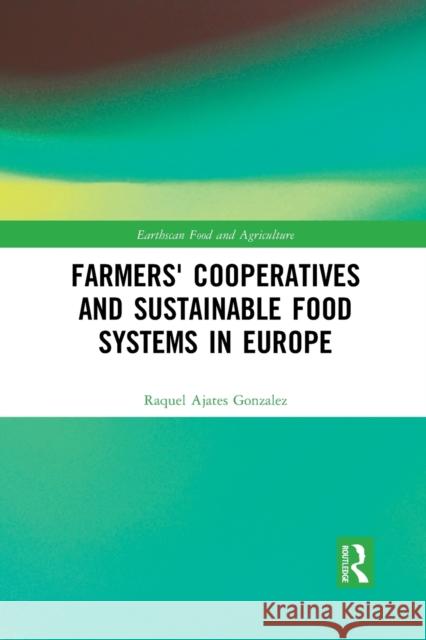Farmers' Cooperatives and Sustainable Food Systems in Europe » książka
topmenu
Farmers' Cooperatives and Sustainable Food Systems in Europe
ISBN-13: 9780367510947 / Angielski / Miękka / 2021 / 262 str.
Farmers' Cooperatives and Sustainable Food Systems in Europe
ISBN-13: 9780367510947 / Angielski / Miękka / 2021 / 262 str.
cena 216,48
(netto: 206,17 VAT: 5%)
Najniższa cena z 30 dni: 196,40
(netto: 206,17 VAT: 5%)
Najniższa cena z 30 dni: 196,40
Termin realizacji zamówienia:
ok. 30 dni roboczych.
ok. 30 dni roboczych.
Darmowa dostawa!
Focusing on Europe, this book provides a study of farmers' cooperatives from a social rather than economic perspective.











